What’s involved in Body Blocks
Body Blocks is a universal prevention program tailored for educators working with children aged 0-8 years. The program consists of seven concise, 5-minute online video modules and a range of tools for use in the classroom. These modules can be completed all at once or in a self-paced manner, making it easy for educators to fit into their busy schedules. The intentionally brief format allows modules to be completed during short work breaks, giving educators time to reflect on the content and integrate practical strategies into their teaching practices. The modules are presented by Behind the News host Amelia Moseley, whose warm, approachable style makes the content both engaging and accessible for early childhood educators.
Alongside the video modules, educators also get access to supporting resources, including an educator workbook, resource toolkit and a video of 2023 Australian of the Year Taryn Brumfitt reading her children’s book, Embrace Your Body.
Developed by a multidisciplinary team—including a paediatric dietitian Dr Lyza Norton and body image expert Dr Zali Yager—Body Blocks is based on science and evidence, including research that informed the Confident Body, Confident Child program. The program also aligns with the Australian Professional Standards for Teachers, encouraging educators to enhance their teaching while promoting self-care and self-compassion.
What our research found
In 2024, The Embrace Impact Lab at Flinders University in South Australia conducted a randomised controlled trial (RCT, which is the gold standard research design for program evaluation) to evaluate the effectiveness of the Body Blocks program. The goal of the study was to determine whether the program could improve educators’ knowledge, awareness and ability to promote positive body image in children.
In the RCT, participants were randomly assigned (like flipping a coin) to one of two groups— the intervention group or the control group. The intervention group was given access to the Body Blocks modules, whereas the control group was not. Both groups completed three surveys—one at the beginning (baseline), one after one week, and a final survey four weeks later. These surveys helped assess changes in participants’ self-perception of their competence, awareness and knowledge about promoting positive body image. A total of 65 early learning centres across South Australia and Queensland agreed to participate, representing a total of 221 early learning educators—111 (50%) of which were randomised to the intervention group.
Just one week after completing the program, educators in the intervention group felt more equipped and empowered regarding body image. Compared to the control group, they showed significantly greater improvements in their professional knowledge about body image, awareness of body image as an issue, competence in creating a body positive education environment and even personal appreciation of body functionality (appreciation of what their body can do).


